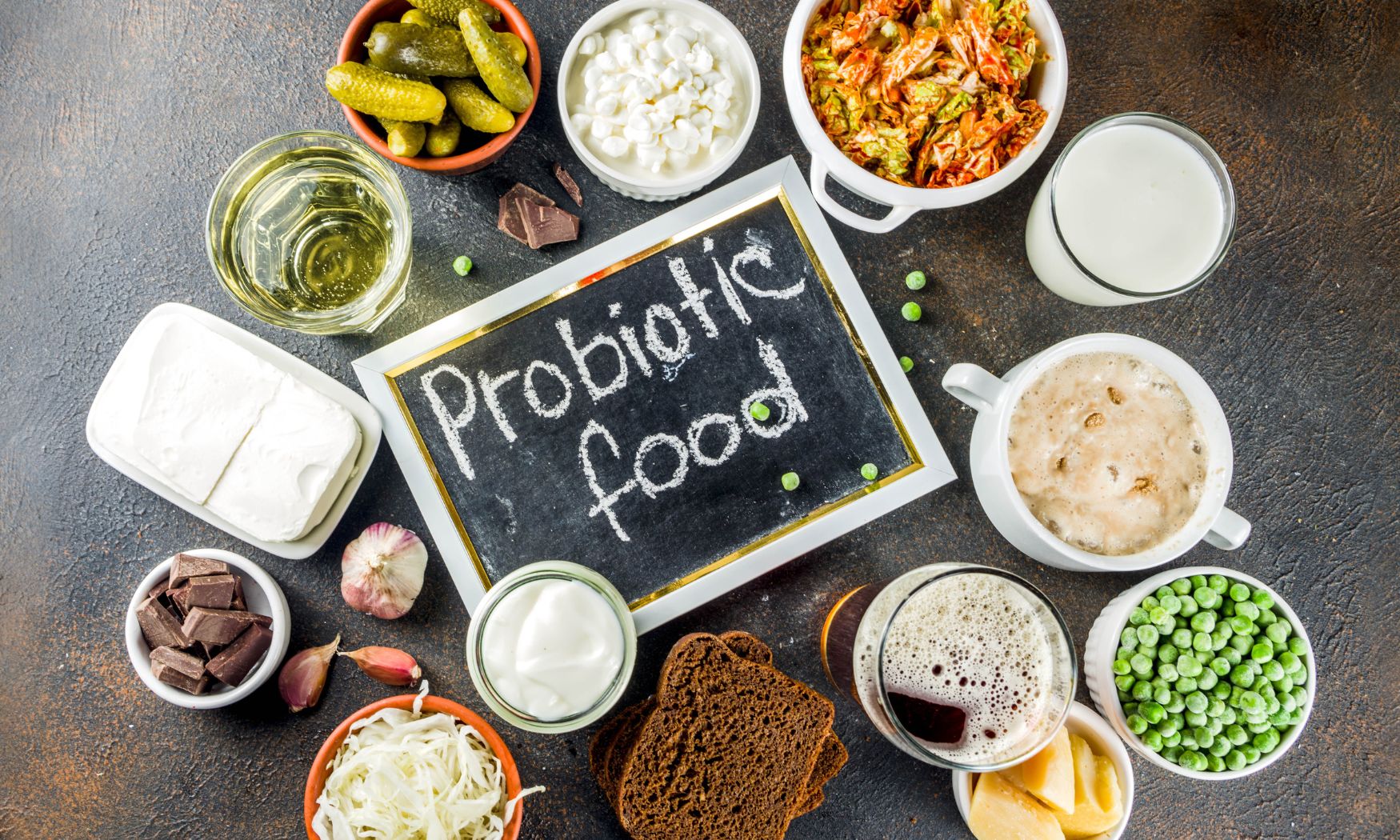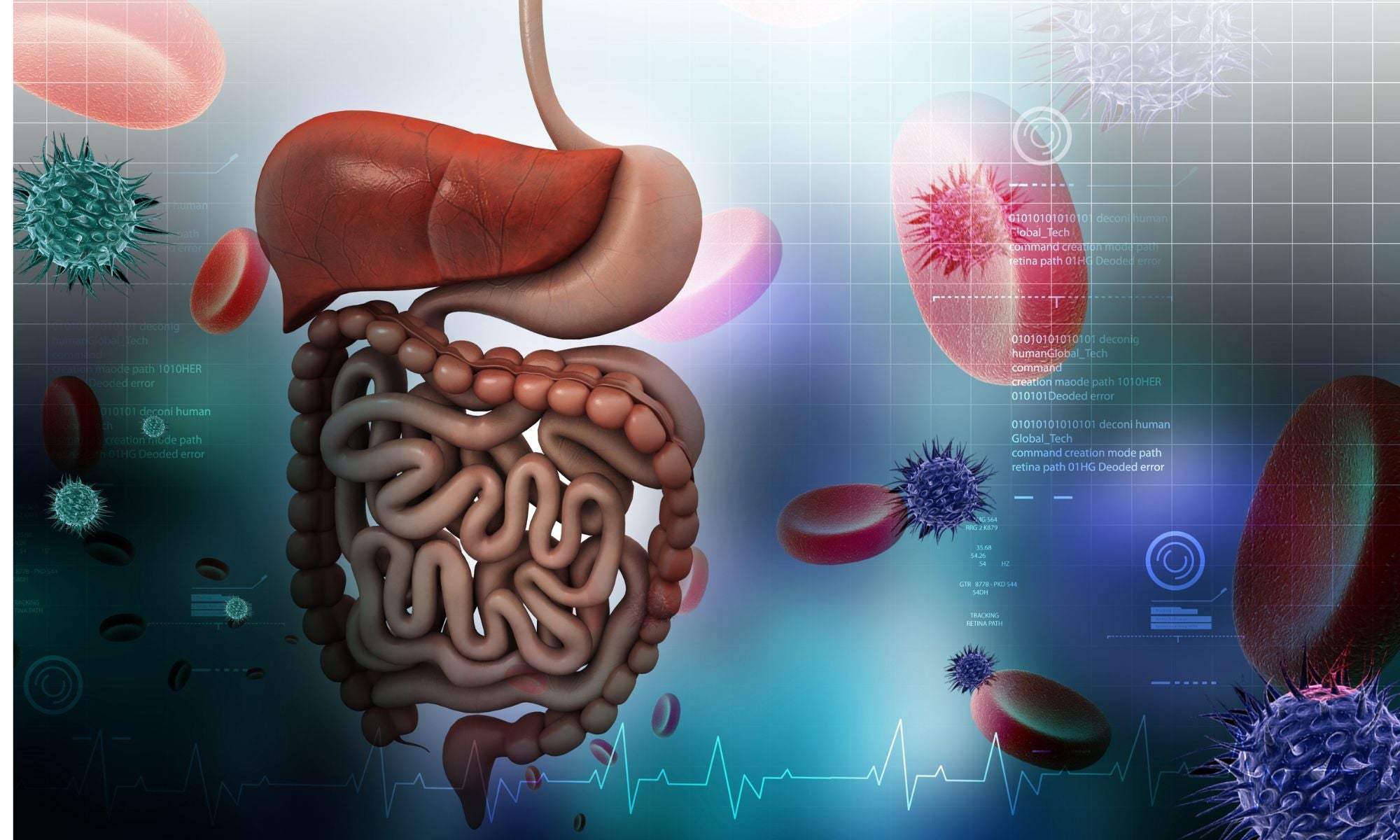
Any Reason to Be Concerned About Probiotics? 5 Myths Busted
Introduction
If you've ever taken a probiotic, you may have asked yourself whether the supplements are safe. Well, yes and no. The answer depends on the type of probiotics you take and how often you take them. Probiotics can be helpful for some people, while others don't see any benefit from taking these supplements. Here are the top myths about probiotics so that if you're considering taking them, you'll know what to expect—and what not to expect!
Myth #1: All probiotics are the same
There are many types of probiotics, and not all of them are created equal. Some strains are better than others at achieving the same result, and some strains have different benefits depending on who's taking them or what they're being used for.
Additionally, there is a big difference between probiotics that have been studied in clinical trials versus those that haven't: when scientists test a new medicine, they know exactly how it affects the body and if it works! That's because researchers can give people either an actual medicine or a placebo (a fake pill), then compare their results. If you take an untested probiotic yourself because you heard it was good for digestion but don't feel any different after using it for several weeks? There may be several reasons—but we do know that your expectations probably affected how well your gut did!
Lastly: don't forget about "good old fashioned" hygiene practices like hand washing, cooking food thoroughly, and keeping dirty surfaces clean since these things can help prevent illness even more than supplements ever would!
Myth #2: Probiotics help you lose weight
The second myth is that probiotics are a weight loss supplement. While there's some evidence that certain strains of probiotics may help with weight loss, it's not the same as taking a fiber bar or energy drink and hoping for the best. Probiotics can only do so much on their own—if you're trying to lose weight, you need to eat healthy foods and exercise regularly.
Myth #3: You should take probiotics on an empty stomach
This is not true, and it's easy to understand why. When you eat food, your body digests it in two stages: gastric digestion (which occurs in your stomach) and small intestinal digestion (which happens in the small intestine). When we eat food with probiotics, they are absorbed into our system while they are still contained within their capsule or tablet. Because of this, there is no reason to take them on an empty stomach; they will be just as effective when taken with food.
Myth #4: Only fermented foods contain probiotics
One of the biggest myths about probiotics is that they can only be found in fermented foods like yogurt and kefir. While this may be true for some types of bacteria, it's not true for all probiotic strains.
We know that there are two main types of good bacteria: lactic acid-producinglactobacilli (such as Lactobacillus acidophilus) and bifidobacteria (Bifidobacterium bifidum). The latter tend to thrive on prebiotic fibers like fructo-oligosaccharides (FOS). However, Lactobacillus species require different nutrients, such as arabinogalactan or galactooligosaccharides (GOS). So if your gut is dominated by Bifido-type organisms but lacks lactic acid producers like Lactobacilli, taking just FOS won't help much since they won't grow without those other nutrients being present too!
Myth #5 - All food that has live bacteria is a probiotic
Not all foods with live bacteria are probiotics. Probiotics are living microorganisms, usually strains of bacteria or yeast, which have been shown to have health benefits when consumed in adequate amounts. Some examples of fermented foods that contain probiotics include yogurt, kefir, and kimchi (a Korean cabbage dish). Even though these foods can contribute to a healthy diet, they do not necessarily contain enough viable organisms to provide health benefits unless supplemented with beneficial microbes in soil and water.
Probiotic supplements containing 10 billion colony-forming units (CFU) per dose provide the recommended daily amount for most individuals looking for enhanced digestive and immune health support.

There are many benefits to taking a daily dose of probiotics, but it's important to know what you're buying.
While there are many benefits to taking a daily dose of probiotics, knowing what you're buying is essential. A lot of misinformation needs to be corrected and made sure consumers understand.
- Probiotics can help with digestion and immune system
- Probiotics can help prevent and treat diarrhea
- Probiotics can help with eczema and other skin conditions
- Probiotics are good for your gut health, which leads to better overall health and wellness
Probiotic supplements can also help you lose weight by reducing inflammation and improving your metabolism.
Conclusion
Taking a probiotic is a great place to start if you're looking for a way to improve your health and quality of life. They can help with all kinds of things, from digestion issues to mood disorders. It's important to remember that not all probiotics are created equal; make sure you're getting the right kind!












